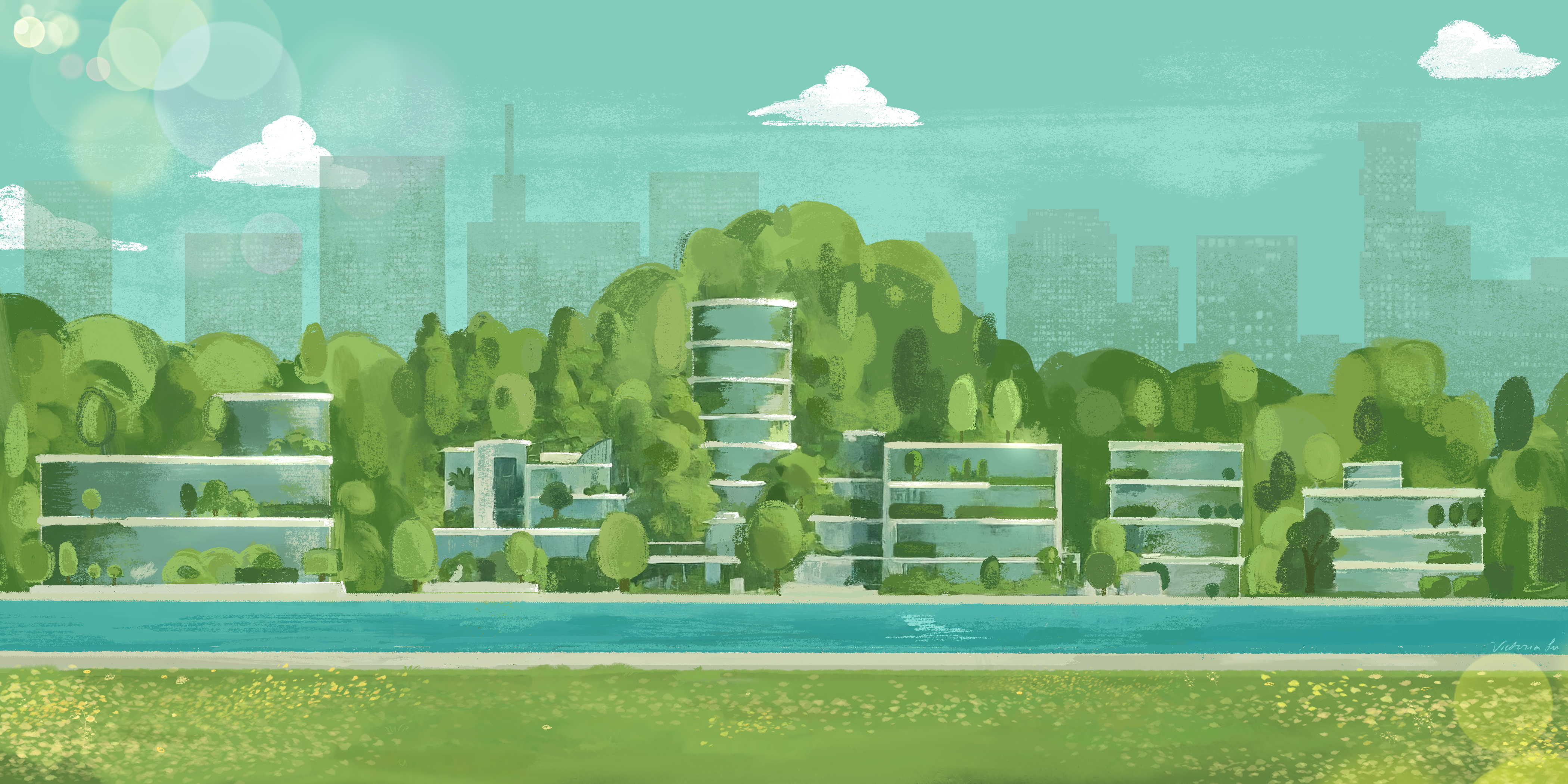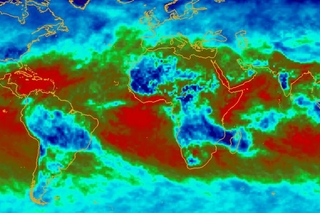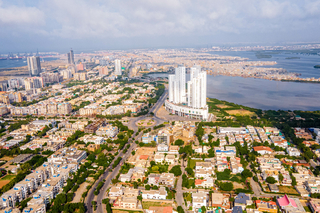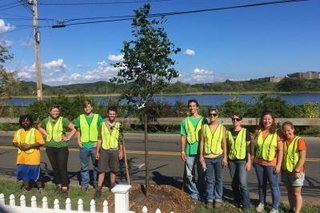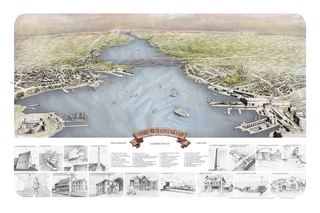Students who choose this concentration study the environmental, climate, energy, and health effects of increasing urbanization. Growing population size and densities along with immigration from rural communities or foreign nations can pressure available resources, overwhelm institutional resources such as water, food, and energy supplies, while increasing pollution and waste. Inadequate infrastructure such as housing, educational facilities, transit, police, fire, and waste disposal threaten health, safety and welfare. Poor air quality in urban environments is often caused by unrestricted vehicular traffic, limited public transit, open burning of cooking and heating fuels, nearby fossil fuel consuming power plants, and industrial emissions. These combine to create significant threats to health.
- Water quality and wastewater management
- Air quality, transit, and industrial activity
- Greenway planning and development
- Architectural design standards
- Hazardous materials in built environments
- Waterfront development and restoration
- Land use and zoning regulation
- GHG emissions reduction and energy source selection
- Public transit improvement: vehicle limits, pedestrian zones, subway/bus designs
- Redevelopment: federal-municipal financial relations
- Climate change challenges: sea level rise, flood and storm damage, heat hazards
- Urban environmental health threats: respiratory disease, epidemics, water pollution
- - Bachelor of Science (BS): Focus on biology, ecology, and environmental sciences
- Bachelor of Arts (BA): Concentrate on public, private and NGO sector policies and initiatives through law, economics, political science, history, and anthropology
- Conservation organizations and wildlife management agencies
Environmental consulting and policy analysis
Environmental consulting and policy analysis
Ecological restoration companies
Urban planning and design
International conservation organizations
Government agencies (e.g., EPA, USDA, USFS, FWS, USGS, NASA, NOAA, DOI, DOD)
Environmental law and policy: federal or state legislative bodies
Sustainable tourism and ecotourism
Alumni Stories
Suggested Coursework
Students in the Urban Environments Concentration must complete six courses of their choosing related to biodiversity and conservation.
Related Organizations
-
Center for Earth Observation
YCGS aims to transform geospatial science, data analysis, and infrastructure through enhanced research support for faculty and students.
-
Hixon Center for Urban Ecology
Bridging scientific knowledge with practice through
-
Tsai CITY
Inspires students from diverse backgrounds and disciplines to seek innovative ways to solve real-world problems.
-
Urban Resources Initiative
URI offers paid Greenspace and GreenSkills internships for Yale students.
-
Yale Urban Design Workshop
A community design center affiliated with the Yale School of Architecture.
